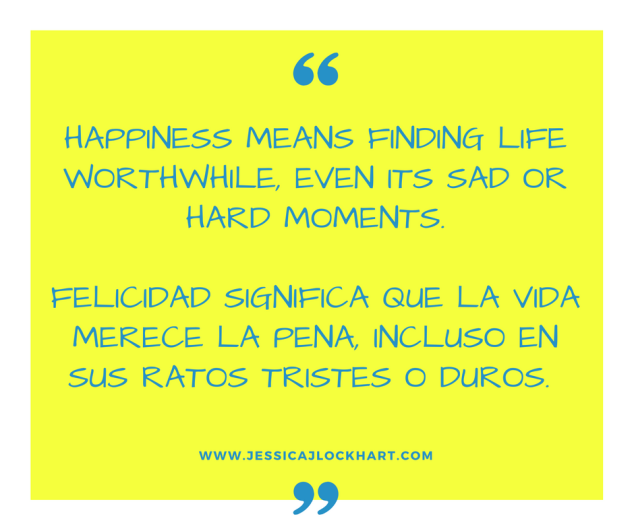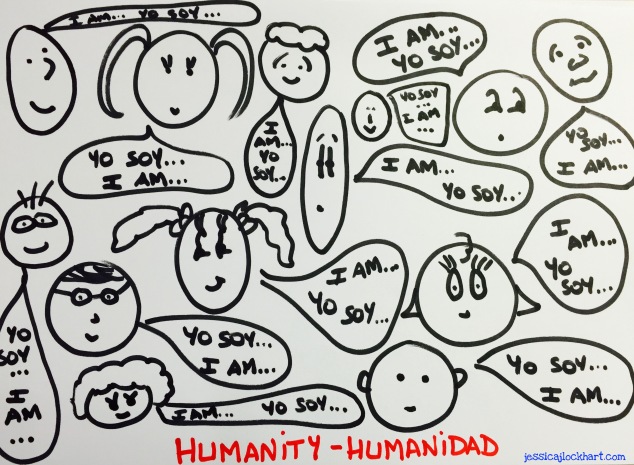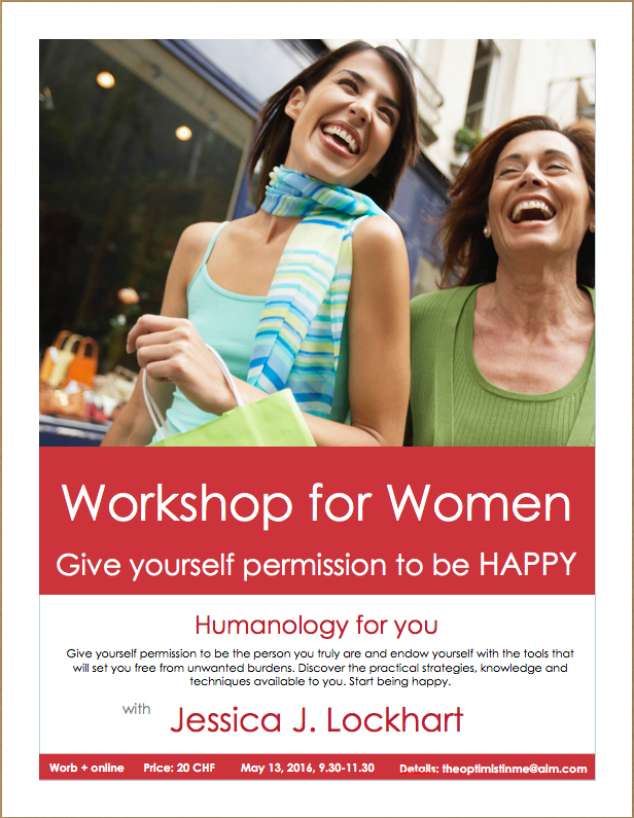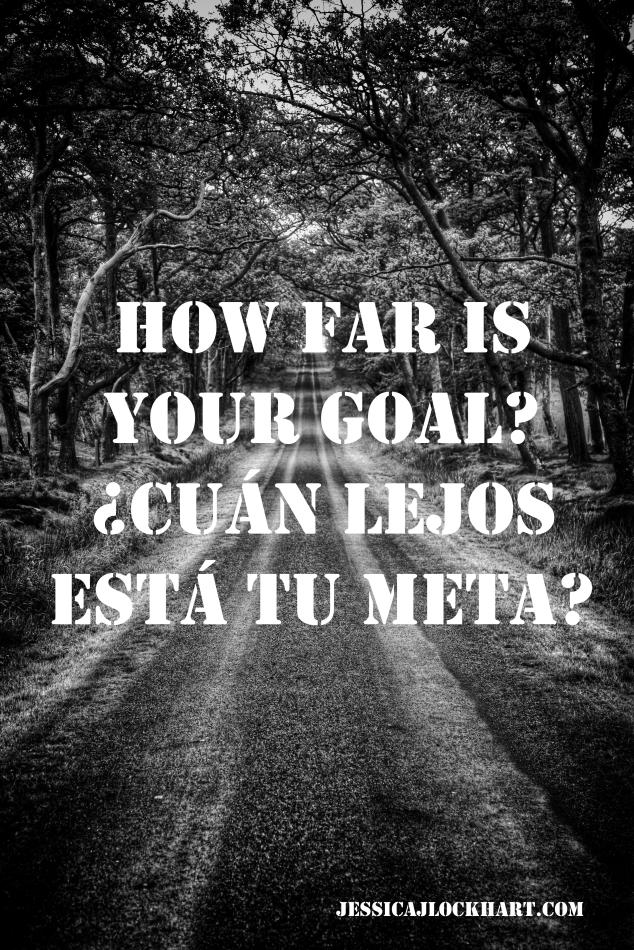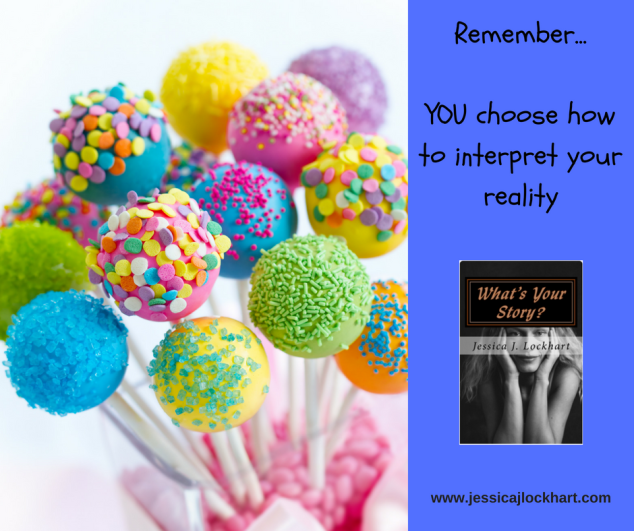 The first day I was insulted and abused, I wasn’t yet 4 years old. My bully was an adult, my school teacher. In my world then, adults were supposed to always be right. How could I doubt? Everything that person did to me showed me how worthless I was. I had no power to question the adult world. I was only a small child.
The first day I was insulted and abused, I wasn’t yet 4 years old. My bully was an adult, my school teacher. In my world then, adults were supposed to always be right. How could I doubt? Everything that person did to me showed me how worthless I was. I had no power to question the adult world. I was only a small child.
When other adults came for me after school, my teacher would tell them how nasty I was, how undeserving, how worthless. The other adults listened to the teacher and accepted her words, thus confirming her version in my child’s mind.
Every word, every act, every gesture I experienced at the time convinced me day after day that I deserved being abused.
Then my classmates learned that I was to be abused, that they should push me or ignore me, hurt me any way they wanted. Their role model, our teacher, was showing them how it was done.
Their actions confirmed what I was already starting to believe. I deserved nothing, no love, no friendship, no respect. I was nothing. I was less than nothing. I was a target.
By the time my parents realized what was going on, I had already become a victim. I subconsciously believed that I deserved what I got, that I deserved no better. I wasn’t even aware of the belief. Neither were my parents. They only understood that the teacher had been nasty to me. So they transferred me to another school.
My first day at the new school was a nightmare. I was so scared to encounter my new enemies and abusers and so utterly convinced that I deserved them that I tried to shrink into my own body. Reality was to prove me a victim again, of course. My new teacher didn’t insult me or harass me but chose to ridicule me and sat me at her table for everyone to clearly see how undeserving I was. She took my My new classmates immediately understood how unimportant I was. And then there was Phil, my new abuser, the kid in my class that took it upon himself to chase me down and make fun of me so the other children would look up at him. He would find the ugliest ways to hurt me while laughing at me and making others find the fun in it.
My parents tried to get help. But nobody understood why I was being abused by different people in different places. That only seemed to prove that I was somehow causing the situation, being the only common denominator in all scenes.
So my first teacher was right, wasn’t she? Life proved her right. I deserved nothing. I was only worth the fun I made others have by mocking and hurting me. I truly was and deserved to be a victim.
School after school abusers immediately identified the victim in me and used me as a stepping stone on their way to greater heights. Life confirmed my belief every single day. I was a victim.
A few years later I was a complete mess. I couldn’t face school or children. They terrified me. I had truly, completely victimized myself not even being aware that such a possibility existed. Nobody in my world understood that either. There was only doubt and confusion. No professional could explain why there was always somebody ready to abuse me. Some people suspected that I felt abused when no real abuse had been given. But I knew what I knew. Life was abuse; everywhere I looked, everywhere I lived, abuse lived there, too, and had me as its target.
Until one day somebody told me that I was a victim. “Victim” what a word. That person explained to me that I had become a victim by believing that interpretation of myself. We reviewed my life story from that perspective and I fully understood how I had come to interpret and see myself as a victim of others. From that first teacher who held all power to the weakest kid ever insulting me, I BELIEVED I deserved their treatment of me because I WAS A VICTIM! That was my role in life.
Together we went over my life and took examples of the abuse I had suffered. That person helped me see that I had become a victim because that’s what I believed myself to be. She also explained that abusers believed that only by stepping on others and using them to raise themselves higher could they be respected and appreciated. Most of them learned that behavior at home and turned it into their own belief. They were not abusing me to make me hurt; they didn’t even see me! They were abusing me because they believed it was the only way in which they would grow and be seen by others. I was not a person but a means.
Understanding my life story from this new perspective, I realized how I had come to believe myself a victim. My first teacher had first introduced that worldview into my mind. By holding power over me, I had believed her to be right. By confirming her view, my incipient belief was then strengthened and solidified until there was no other possible interpretation in my mind. Everything I saw from then on was only confirmation of my subconscious belief.
Our beliefs are always confirmed by our reality because they act as its filter. My experience thus confirmed my victim’s role in life over and over again. Until that one person helped me see that I was NOT a victim but had chosen to believe I was. She also showed me that I could choose something else for me. I could reinterpret my past from that new perspective and so understand that I had not been abused but had instead victimized myself. Every insult, every punch, every comment had been proof of my victim’s role.
That day I decided to change my worldview and interpret my life story from a different perspective. ‘I am no more a victim,’ I declared. And true to my new belief, the world never again attacked me. Because I was not a victim anymore. By believing myself a NON-VICTIM, reality had to prove me right.
And it has. These last years have given me proof after proof of my non-victim role in life. There still are many people out there who need to step on others to gain respect but they never choose me anymore as their stepping stone. When looking around for somebody to be their victim, they don’t see me. Because I am not a victim anymore. I don’t come out in their radar. I’m not a victim and I am nos perceived as one by them.
This is the story I wanted to tell you and the way in which I interpreted it. After all, life is a matter of interpretation. What story I tell myself will end up becoming my story. All stories can be told from many different perspectives. After all, narrators choose how to tell them, don’t they?
Enjoy life, ALL of it,
Jessica J. Lockhart – humanology
www.jessicajlockhart.com
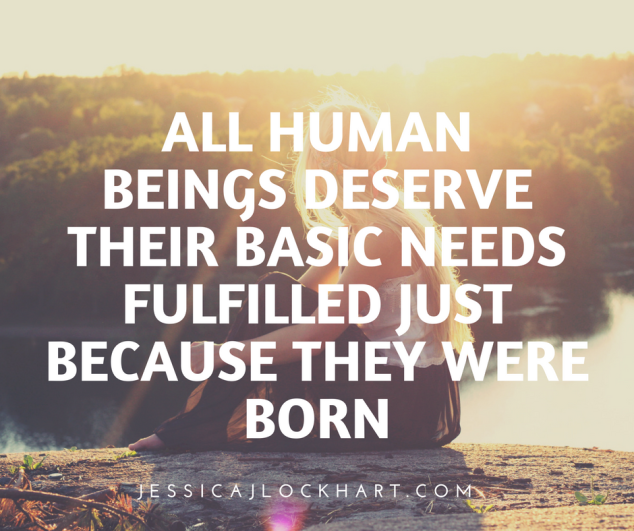

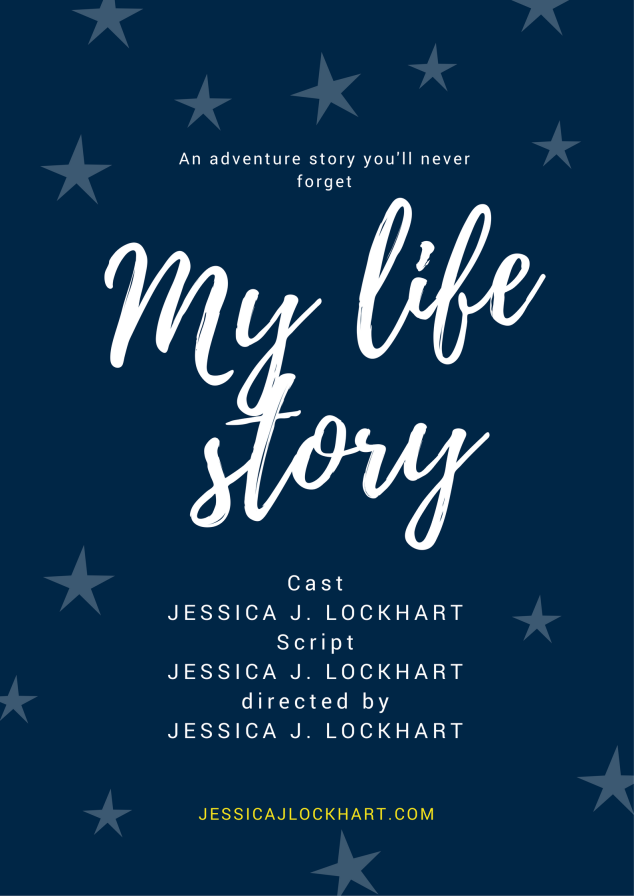
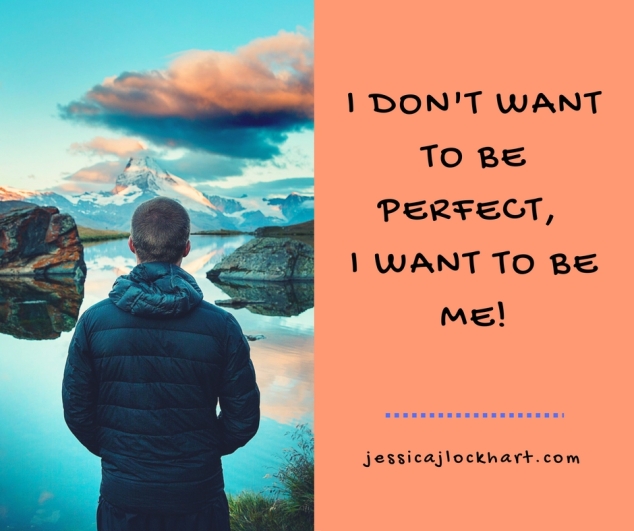
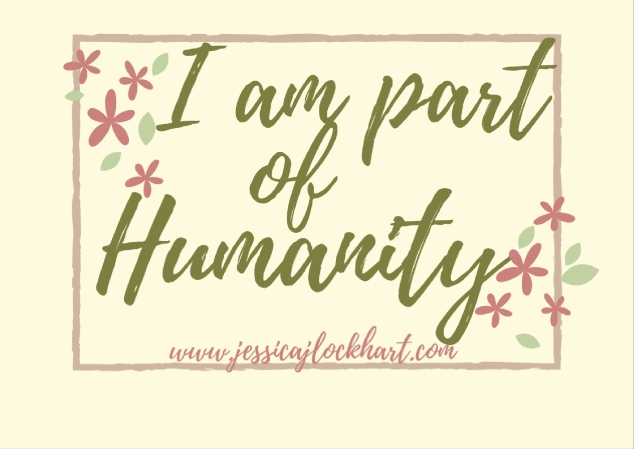

 The first day I was insulted and abused, I wasn’t yet 4 years old. My bully was an adult, my school teacher. In my world then, adults were supposed to always be right. How could I doubt? Everything that person did to me showed me how worthless I was. I had no power to question the adult world. I was only a small child.
The first day I was insulted and abused, I wasn’t yet 4 years old. My bully was an adult, my school teacher. In my world then, adults were supposed to always be right. How could I doubt? Everything that person did to me showed me how worthless I was. I had no power to question the adult world. I was only a small child.
